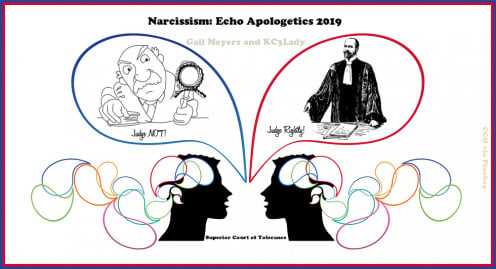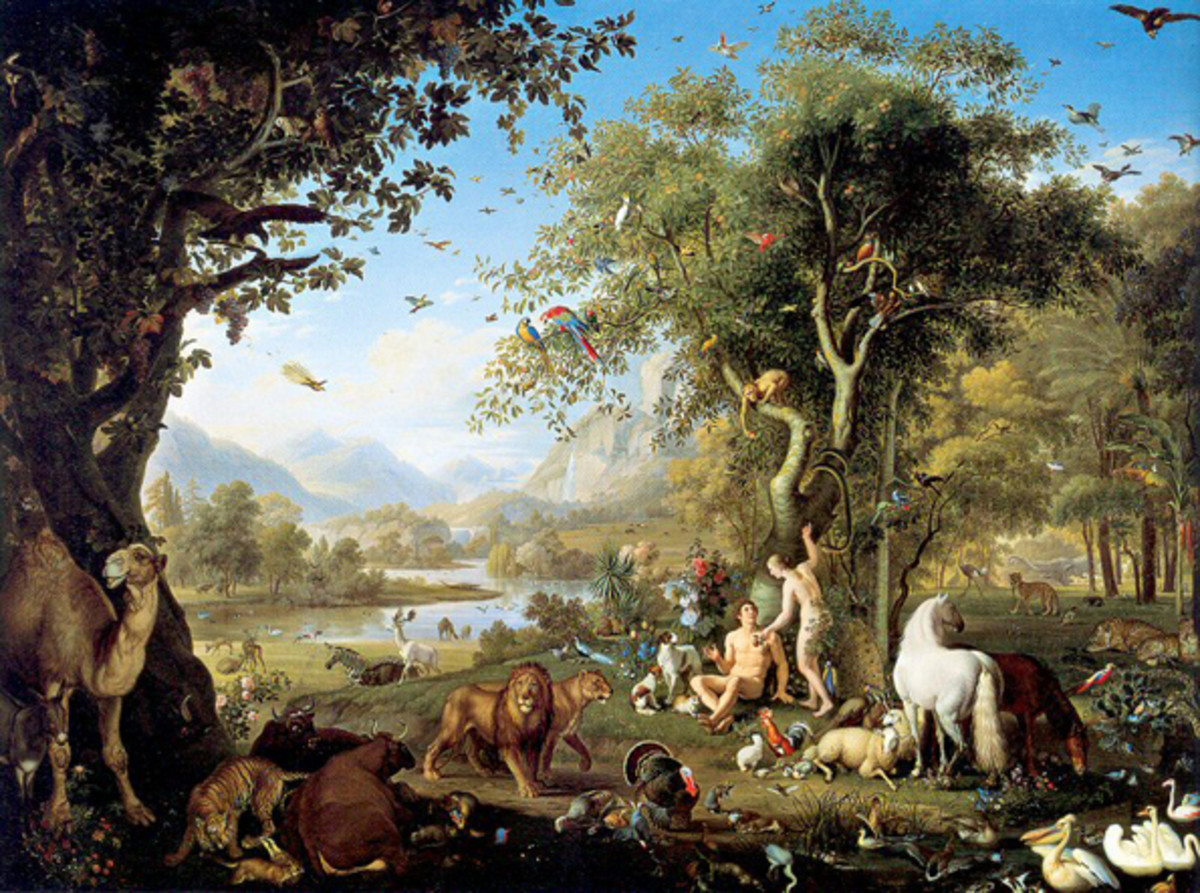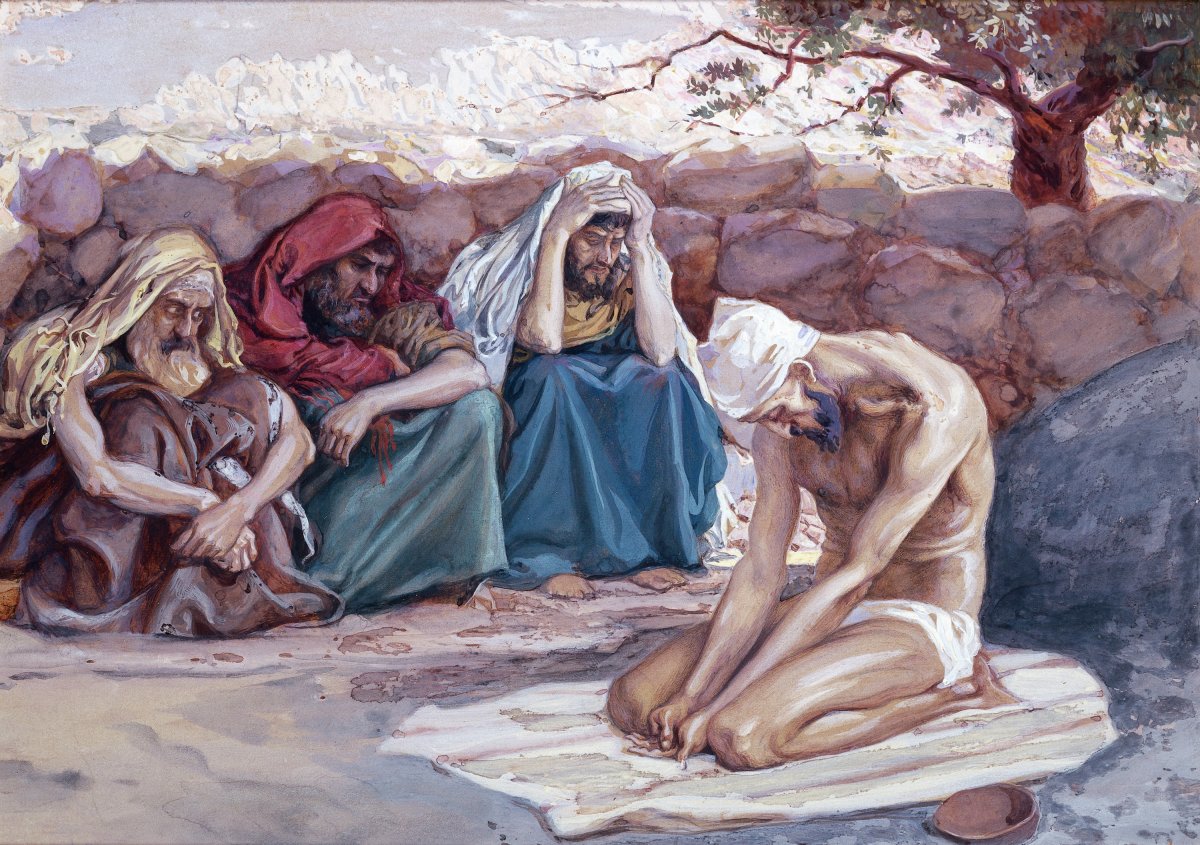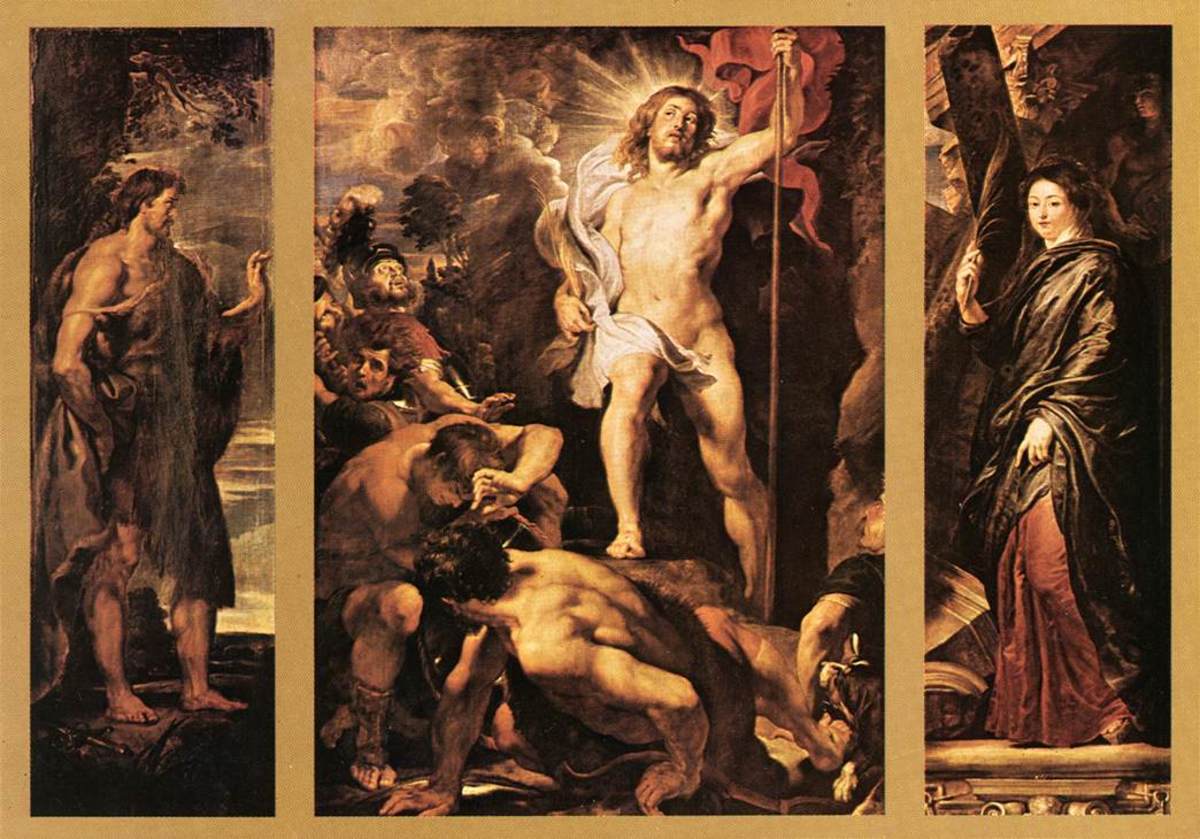Judge Not v. Judge Rightly in the Superior Court of Tolerance

Tolerance Defined
Tolerance is defined by Webster's Dictionary as "To recognize and respect beliefs, practices, and so forth of others without sharing them, or to put up with someone or something not especially liked." However, tolerance has become a social agenda, which sounds quite lovely on its face.
However, like so many other doctrines, pushed too far and it becomes dangerous. God created an organized universe, and society, which is evident even in nature. (Romans 1:20) What God laid down for the Israelites to form a new society, enter the Promised Land, was used to form the foundation of much of Western society.
While we certainly want to be loving, compassionate, and empathetic, there are some things that should not be tolerated. What would happen, for example, if we became so tolerant as to tolerate sexual predators? Is that compassionate or does it endanger the innocent?
What does the Bible say about tolerance and judging? Are we to do as some appear to be asserting and completely detach all discernment or assessment of virtually any behavior? Judge Not presents his case first, followed by Judge Rightly taking the stand, and finishing up by you being the judge.
Judge Not Presents His Case
In Matthew 7 we are commanded "Do not judge, or you too will be judged." This verse is so often taken out of context and used as a pretext, as well as nearly redefined to mean everyone should silently tolerate any and everything.
Matthew 7:1-6 reads as follows:
"Do not judge, or you too will be judged. For in the same way you judge others, you will be judged, and with the measure you use, it will be measured to you.
Why do you look at the speck of sawdust in your brother's eye and pay no attention to the plank in your own eye? How can you say to your brother, 'Let me take the speck out of your eye,' when all the time there is a plank in your own eye? You hypocrite, first take the plank out of your own eye, and then you will see clearly to remove the speck from your brother's eye.
Do not give dogs what is sacred; do not throw your pearls to pigs. If you do, they may trample them under their feet, and turn and tear you to pieces. NIV
Do not judge is a prohibition against hypocritical judging.
The footnote gives us insight into our topic:
Judge (Gk. krino) here has the sense of "condemn" or "avenge." The reference is not to a legal judgment but to a critical spirit. The foolishness of a judgmental attitude is illustrated in the hyperbole of the speck and the plank (vv. 3-5). Jesus also used the term "hypocrite" (Gk., lit. "to judge under") to describe the insincerity of the Pharisees and scribes. Though a critical spirit is condemned, discernment enables the believer to confront and restore fellow believers who have erred. Dogs were wild animals, and pigs were the ultimate example of sacrilege for the Jews. They picture all that is vicious, unclean and abominable; they describe committed God-haters, of whom we are to be aware and from whom we are to separate ourselves (vv. 15-20).1
So even within the verse we are at least called to determine who the "dogs" and "pigs" are, to be aware of them, and to separate ourselves from them.
It is hard to imagine anyone enjoying someone picking them apart with an arrogant, condescending attitude trying to make themselves look better. That may be a part of Proverbs 21:9: "It is better to dwell in the corner of the housetop, than to share a house with a contentious woman." (New Heart English Bible)
This is warning against judging others, and especially when you have not examined yourself. In my experience these are the types of personalities who constantly judge and criticize others in the first place. This is a warning that the way you judge others is the way God will judge you. So, it is a rather stern warning to approach such situations with care and caution, and first take much care in dealing with your own issues.
Being confronted in love by a discerning fellow Christian, brother or sister, may not be enjoyable either, but is a completely different experience with a very different goal - restoration. Proverbs 9:8 tells us, "Do not reprove a scoffer, or he will hate you, Reprove a wise man and he will love you." (NASB) A wise fellow brother or sister, fellow Christian, will generally realize, even if the experience may not be enjoyable, that it is being done out of love and concern. This, too, calls for a determination.
Judge Rightly Takes the Stand
John 7:24: Stop judging by mere appearances, but instead judge correctly. NIV
Jesus concludes his argument with one of the central challenges of his ministry in the Fourth Gospel: to judge with "right judgment," not by appearances (v.24). To the Jewish authorities, Jesus' healing appeared to be a violation of sabbath law, but in reality, when viewed with right judgment, it was a deepening fulfillment of the sabbath. Jesus challenges the crowd to judge with discrimination, to look carefully at what one sees and not judge according to what one expects to find or assumes one sees.2
Verse 23 makes clear that Jesus' sabbath healing was not performed in order to overturn or break the sabbath law (cf. 5:18), but "to accomplish the redemptive purpose towards which the Law had pointed."
Galatians 6:1 displays the proper attitude:
Dear brothers and sisters, if another believer is overcome by some sin, you who are godly should gently and humbly help that person back onto the right path. And be careful not to fall into the same temptation yourself. NLT
Ewe Be the Judge
In the day of tolerance, make certain you are not tolerating the wrong things. For example, the following was the Apostle Paul's determination in 1 Corinthians 5:5 regarding sexual sin the Corinthian church was proudly tolerating, a man sleeping with his father's wife:
I have decided to deliver such a one to Satan for the destruction of his flesh, so that his spirit may be saved in the day of the Lord Jesus. NASB
In 1 Corinthians 6:2, we read: Don’t you realize that someday we believers will judge the world? And since you are going to judge the world, can’t you decide even these little things among yourselves? NLT
Footnotes
1. The Woman's Study Bible, NIV, p. 1379.
2. The New Interpreter's Bible, Volume IX, p. 620.
Bibliography
NIV Woman's Study Bible, Full Color Edition, Dorothy Kelley Patterson, General Editor, 2018 by Thomas Nelson.
The New Interpreter's Bible, Volume IX, Leander E. Keck, Convener and Senior New Testament Editor, 1995 by Abington Press.
© 2019 Kelly Ann Christensen






